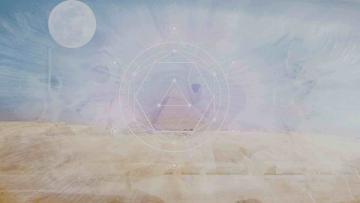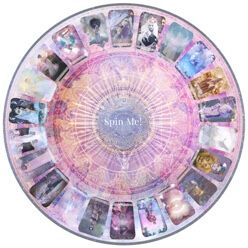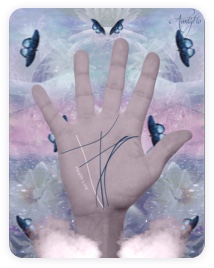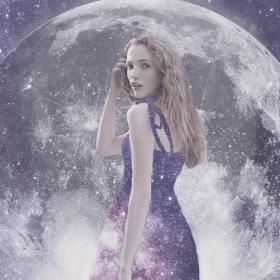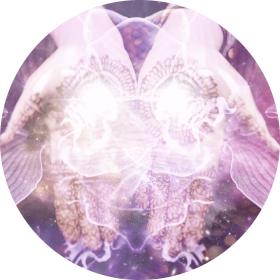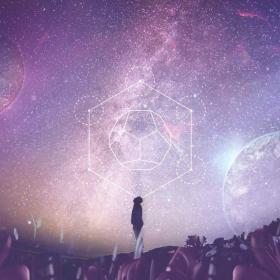Pantheon
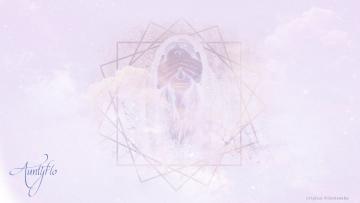
Uncover hidden spiritual meanings
Pantheism is the belief in several gods and goddesses, also known as deities, as they relate to the universe.
If we look at the term “pantheon” it basically means a group, in the most basic definition. However, culturally in most pagan faiths it is referring to the concept of gods and goddesses from one specific region or cultural spiritual practice.
It doesn’t have to be that a person believes in all gods and the goddess. In fact, in most cases, the many gods and goddess are under one superior being. For example, the Greek pantheon encompasses all of the deities that reside on Mt. Olympus. The head of the Greek pantheon is Zeus. For polytheists, they believe that all gods are equal and not one god is above the other, while preferential pantheism is defined as a pantheon being given more preference than the rest. Exclusive pantheon is where certain pantheons may be accepted from one belief and unacceptable, for example, it is very common to hear some pagans denouncing Satan and claiming that he or she belongs to the Christian faith rather than a pantheon.
There are a number of pantheons which can be used to worship, which people recognize in their daily lives and they play a critical role. In neo-pagan religions, there is a likelihood of making everything simple like simplified chants; and simple rituals. The deities are treated as tools in a garage, which can be brought out when the need arises, they are used and packaged away until the time comes for them to be used to help one in a situation.
A deity is more than a powerful influence, a sphere of power, and an elemental association. When someone is from a monotheistic religion they may worship many deities. It becomes overwhelming to grasp the many gods and goddesses in the pagan religion. The thing to note is that each deity has its specific role, has their own life, their own personality, their own abilities and interests. While some deities may have similar powers or attributes, the gods are not all together interchangeable and the power of one cannot simply be substituted for another.
What is A Deity?
A deity refers to a god or goddess. If we look at the historical collection of deities, there are thousands in the pagan religion. If one decides to follow the Wicca path, then they will be working closely with deities and the deities in rituals. The choice of deities depends on what their purpose is for in ritual and also is based upon the belief of the practitioner.
Each of the gods and goddesses have corresponding attributes. You will find that through the different pantheons of the world, many of them have the same kinds of deities within their belief structure. The practitioner will choose a pantheon, usually one that they solely work with in rituals and spellwork. Some neo-pagans will allow more liberal uses of the deities, but the relationship to the person ultimately falls into their personal beliefs. Rarely, will you see a mixing of deities from different pantheons. Common practice states that you should work with the same pantheon within a ritual. So, say that a ritual is being worked while using the Greek Pantheon. If the ritual is being worked for attracting love, they will be forced to call upon Aphrodite, as she is the corresponding goddess for love and attraction.
However, if the person doesn’t want to work with the Greek pantheon, but they still want to do ritual work for attracting love, they could choose a deity from another pantheon instead. For example, they may choose to work with Venus, as she is the Roman goddess that corresponds with love. Each corresponding power that relates with the deity is the appropriate choice, which is based on the purpose of the work that is being done. For example, you wouldn’t want to work with Athena for a love ritual because then the result will not be love, but war or wisdom as these are the corresponding energies or traits for that goddess. Selecting the right deities is not an easy task and it takes time. First one gets to know the gods or goddess on their spiritual paths, who provides guidance in the areas of life they care about.
Most Wiccans worship eight to nine goddesses, but many will also place importance on one above the others. They will choose a matron or patron deity, which is the god or goddess that they tend to rely on most.
One is encouraged to select a varying quantity of deities when selecting their pantheons, and around 5 to 8 is a good number. The balance of male and female should be the same unless one is following the Dianic path, which emphasizes each god needs to be feminine and focuses their traditions around the different aspects of the Goddess herself as she has representations in a number of pantheons. After the selection, it will be time for one to align themselves with the right deities for their path. The right pantheon will be built and then these gods will work with those practicing Wicca.
There are thousands of deities which a person practicing pantheism can choose from and the dependency factor is the spiritual path of the practitioner. Many neo-pagans are eclectic, which is to mean that they honor the traditions of multiple deities, crossing boundaries of practices and pantheon. Others will find themselves drawn to one path that includes a core pantheon. Often, these individuals believe in the other pantheons, but don’t feel that their practice is right for them. Once a core structure of ideology is decided upon, then the next step is to craft a practice and adhere to it. This may include taking from Alexandrian or Gardnerian Wiccan practices, Ceremonial Magick, or other schools of thought concerning neo-pagan practices.
We hope you liked this article. Please support us by liking us on Facebook. Thank you in advance.
By Florance Saul
Oct 2, 2012

